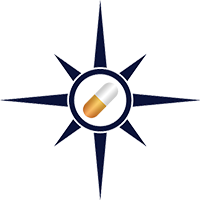



API Suppliers

US DMFs Filed
0

CEP/COS Certifications
0

JDMFs Filed
0
Other Certificates
0
Other Suppliers

USA (Orange Book)

Europe
0

Canada

Australia

South Africa
0
Uploaded Dossiers
0
U.S. Medicaid
0
Annual Reports




Impressions: 54764
https://www.pharmacompass.com/radio-compass-blog/top-drugs-and-pharmaceutical-companies-of-2019-by-revenues
Impressions: 3113
https://www.pharmacompass.com/radio-compass-blog/mylan-s-president-emcure-s-ceo-named-in-us-drug-price-fixing-probe-novartis-buys-french-biotech-for-us-3-9-billion
Impressions: 2380
https://www.pharmacompass.com/radio-compass-blog/teva-to-sell-assets-to-reduce-debt-lay-off-7-000-workers-shkreli-awaits-sentence


